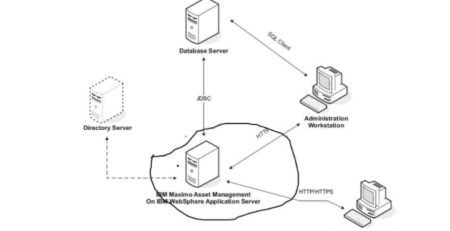Major Difference between UNIX and Linux Administration
What is the Major Difference between UNIX and Linux Administration and Advantages of It?
Linux can be defined as a UNIX clone that is actually written in the Linus Torvado language right from scratch and mainly with the assistance of some of the most experienced hackers around. UNIX and UNIX-like operating systems can be described as a family consisting of computer operating systems that come from the UNIX System from the Bell Labs that traces back to the year 1965. Here, it is important to note that Linux is one of the most popular variants coming up with innumerable distributions. From the user point of view, there is not much of a difference between UNIX and Linux administration.
One of the most significant and highly attractive features of Linux is its availability across different hardware structures and the ability to use tools that are familiar to the UNIX system users and the administrators. Due to POSIX compliance and standards, the software written on UNIX can easily comply for Linux operating systems with a generally limited amount of effort put into port. In the majority of the cases, shell scripts can directly be used on Linux. While there are some tools that are a bit different in terms of command-line and flag options between Linux and UNIX, many operate in a similar manner on both the administrations.





